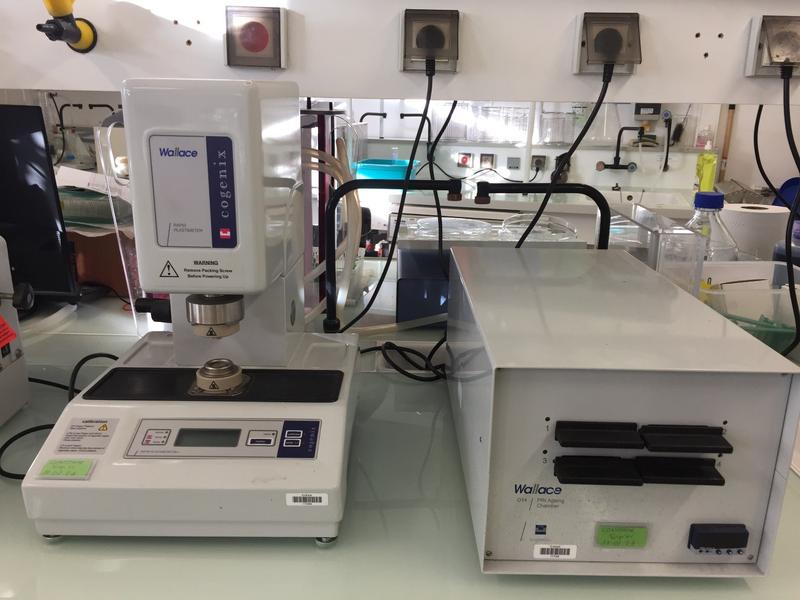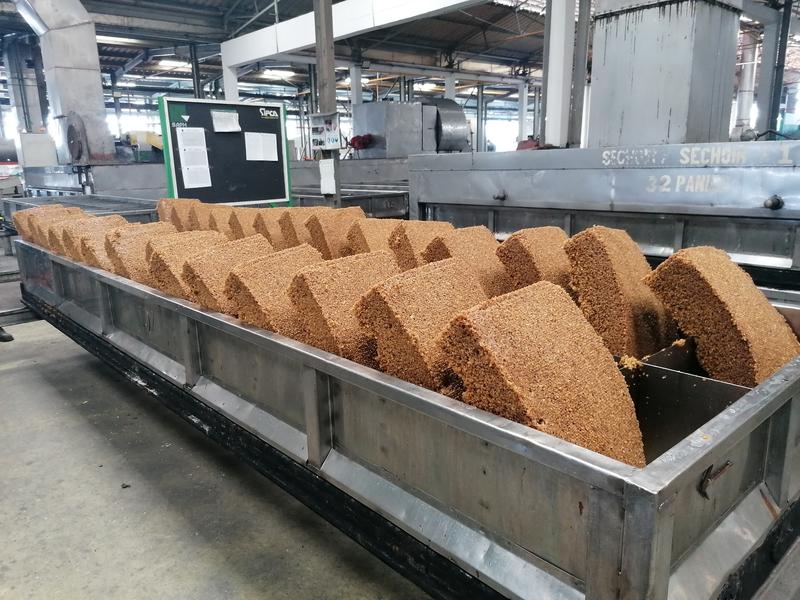Natural rubber expertise
Last update: 19 September 2023
Last update: 19 September 2023
-
 These services concern the physico-chemical and biochemical characterization of natural rubber for a better understanding of the variability and the elaboration of its quality. Our expertise is based on a platform that brings together a large number of conventional analytical equipment for standard analyses (ISO2000 and SMR standards). It is accredited by the International Rubber Association. It also relies on high-tech tools for characterizing the structure (SEC-MALS chromatography, IR-TF in ATR mode, etc...) and composition in non-isoprene compounds of latex and natural rubber (mainly lipids, proteins and minerals).
These services concern the physico-chemical and biochemical characterization of natural rubber for a better understanding of the variability and the elaboration of its quality. Our expertise is based on a platform that brings together a large number of conventional analytical equipment for standard analyses (ISO2000 and SMR standards). It is accredited by the International Rubber Association. It also relies on high-tech tools for characterizing the structure (SEC-MALS chromatography, IR-TF in ATR mode, etc...) and composition in non-isoprene compounds of latex and natural rubber (mainly lipids, proteins and minerals). -
Services for training, technical expertise and set-up of collaborative project
 These services are backed by experts who regularly visit rubber tree fields (plantations and factories) to conduct experiments in partnership.
These services are backed by experts who regularly visit rubber tree fields (plantations and factories) to conduct experiments in partnership.